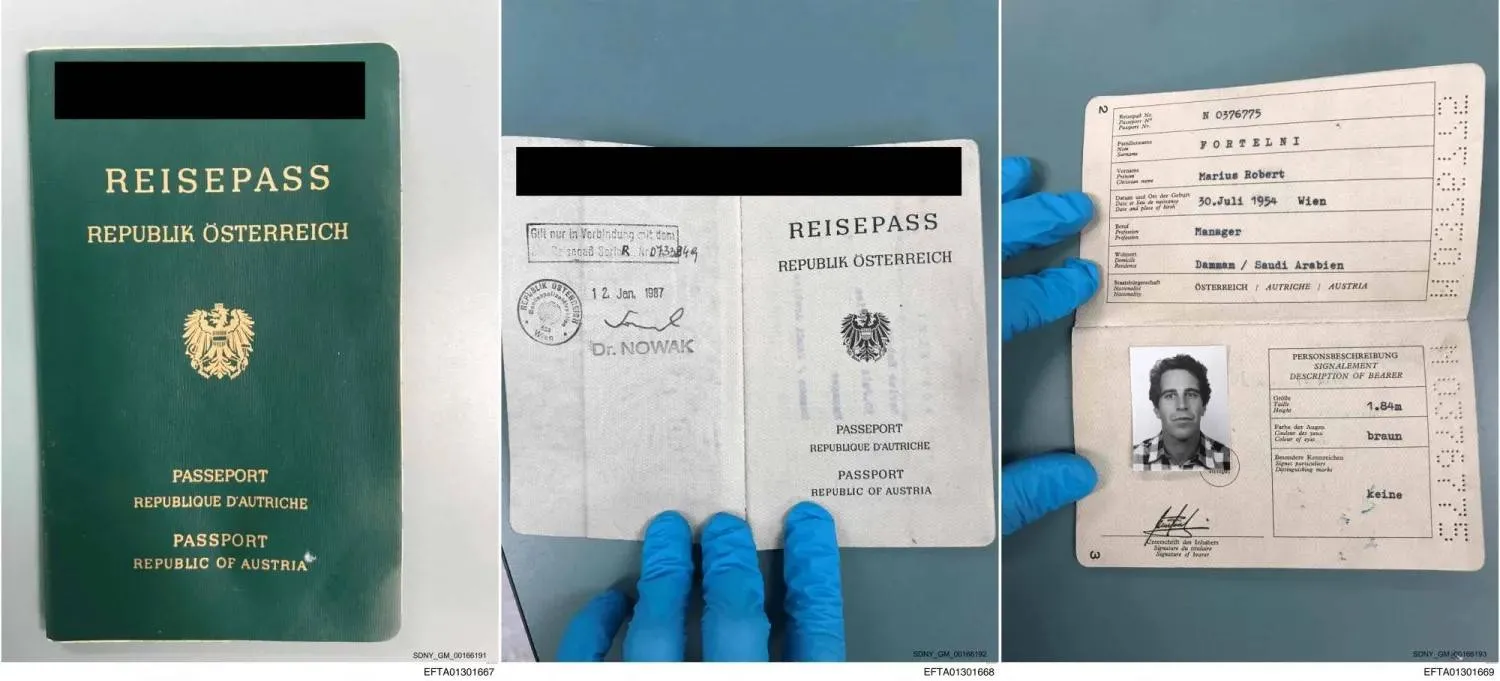The presidents of Ukraine and Türkiye will discuss on Friday the potential extension of the Black Sea grain deal and a possible prisoner exchange between Moscow and Kyiv, a senior Turkish official said ahead of the talks.
Ukrainian President Volodymyr Zelenskiy will meet Turkish leader Tayyip Erdogan in Istanbul following visits to Bulgaria and the Czech Republic, part of a tour of some NATO capitals aimed at encouraging them to take concrete steps at a summit next week towards granting Kyiv membership of the alliance, Reuters said.
A key element of Zelenskiy's talks in Istanbul will be the fate of a deal, brokered last year by Türkiye and the United Nations, to allow for the safe export of grain from Ukrainian ports via the Black Sea despite the war raging across Ukraine.
Russia, angry about aspects of the grain deal's implementation, has threatened not to allow its further extension beyond July 17.
As well as the grain deal and a possible prisoner swap, Erdogan and Zelenskiy will also discuss efforts to end the war in Ukraine, the senior Turkish official said.
Türkiye, a NATO member, has managed to retain cordial relations with both Russia and Ukraine over the past 16 months of the war and last year it helped to broker prisoner exchanges.
Türkiye has not joined its Western allies in imposing economic sanctions on Russia, but has also supplied arms to Ukraine and called for its sovereignty to be respected.
Erdogan and Zelenskiy are scheduled to hold a press conference at 1800 GMT on Friday.
The Turkish official said Erdogan might hold a phone call with Russian President Vladimir Putin following his talks with Zelenskiy. A Turkish minister could also visit Moscow for further discussions, the official added.
Zelenskiy, Erdogan to Discuss Grain Deal, Prisoner Swaps

HANDOUT - 01 July 2023, Ukraine, Kiev: Ukrainian President Volodymyr Zelensky speaks during a joint press conference with Spain's Prime Minister Pedro Sanchez (not pictured) following their meeting. Photo: Ukrainian Presidency/dpa

Zelenskiy, Erdogan to Discuss Grain Deal, Prisoner Swaps

HANDOUT - 01 July 2023, Ukraine, Kiev: Ukrainian President Volodymyr Zelensky speaks during a joint press conference with Spain's Prime Minister Pedro Sanchez (not pictured) following their meeting. Photo: Ukrainian Presidency/dpa
لم تشترك بعد
انشئ حساباً خاصاً بك لتحصل على أخبار مخصصة لك ولتتمتع بخاصية حفظ المقالات وتتلقى نشراتنا البريدية المتنوعة







